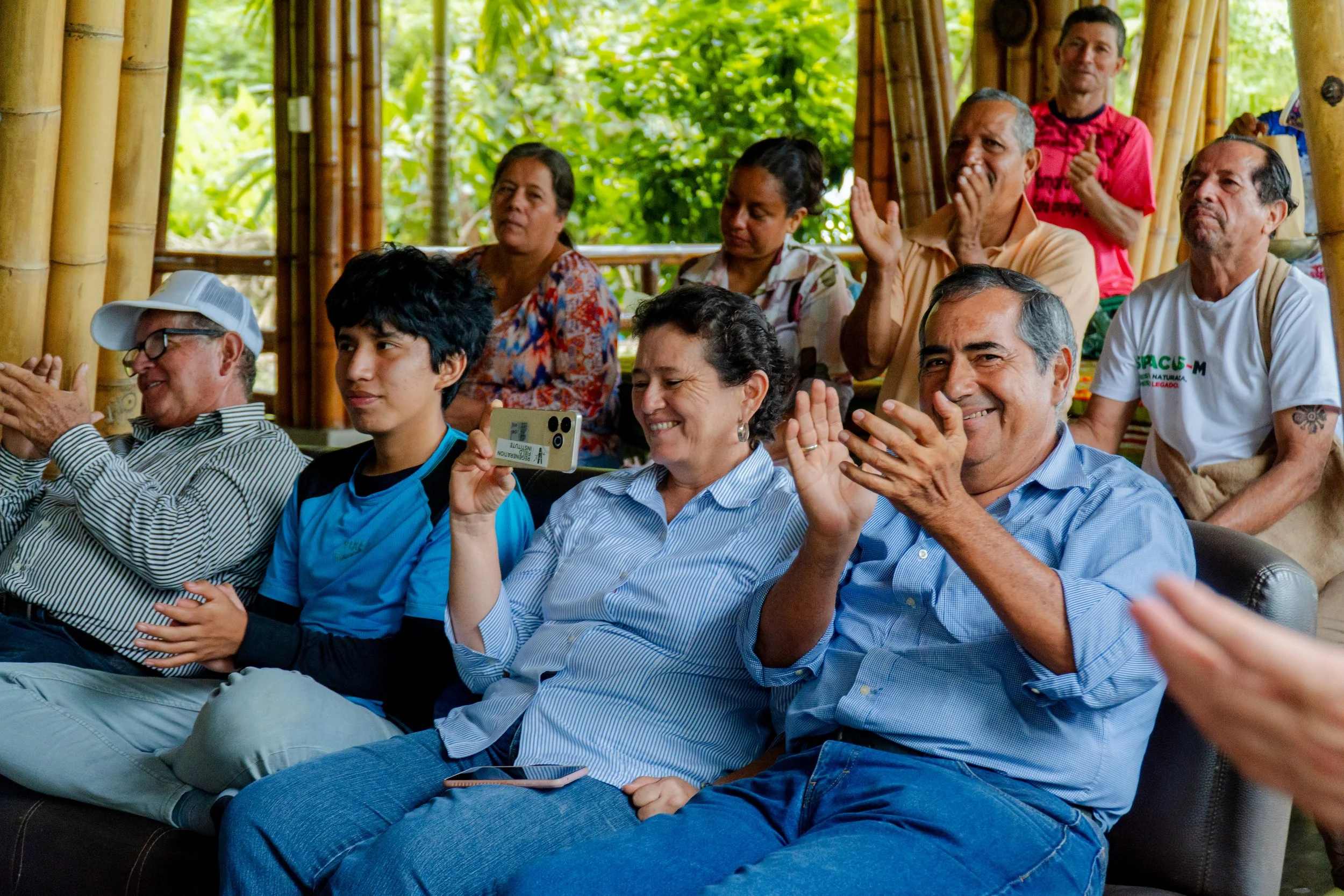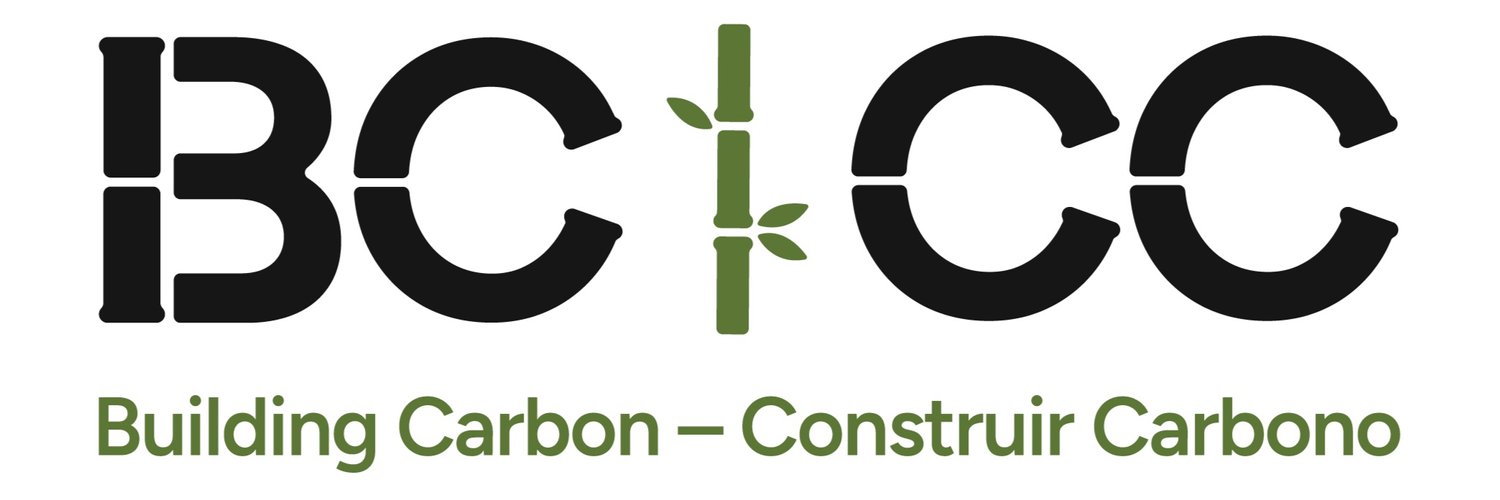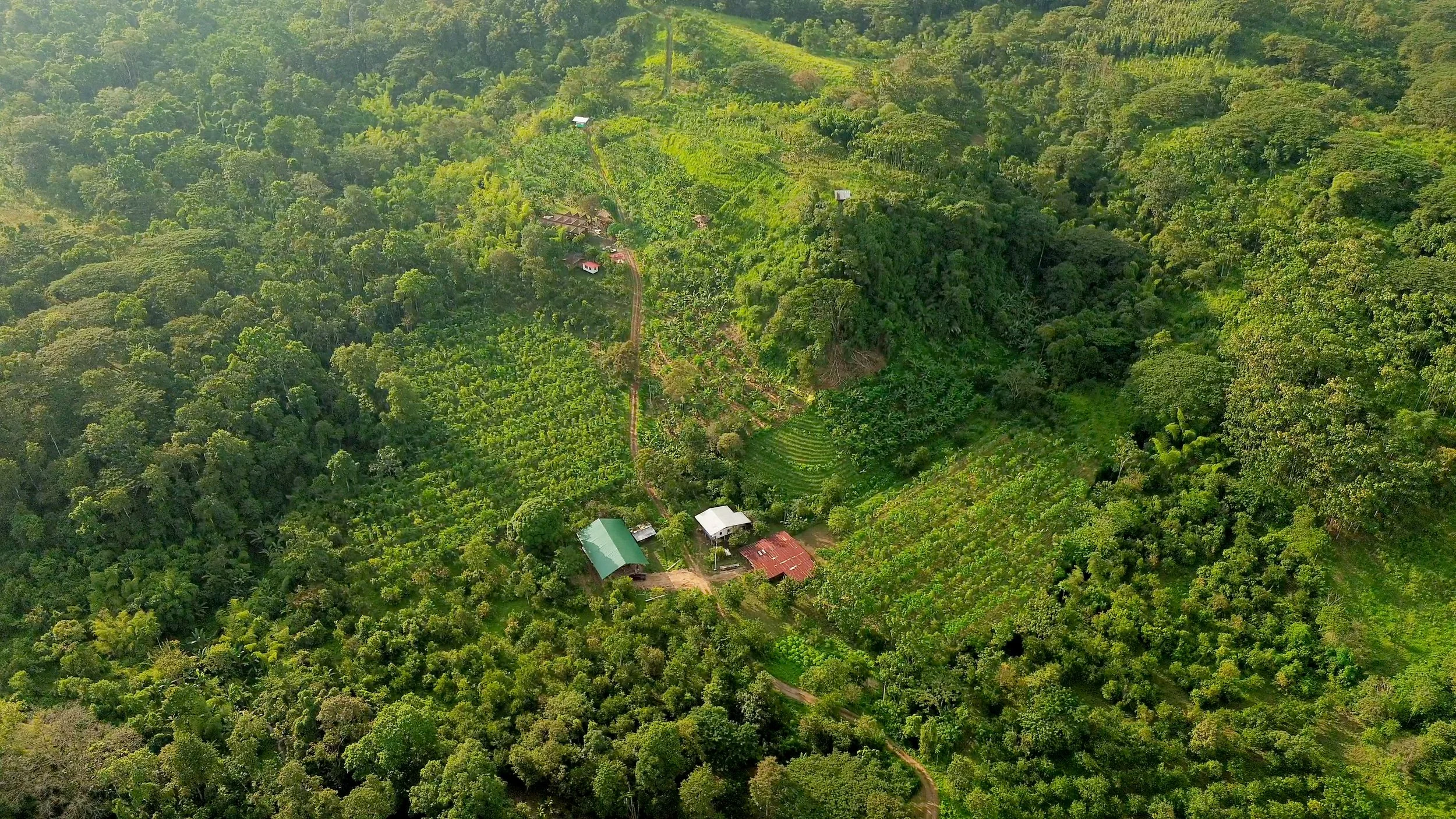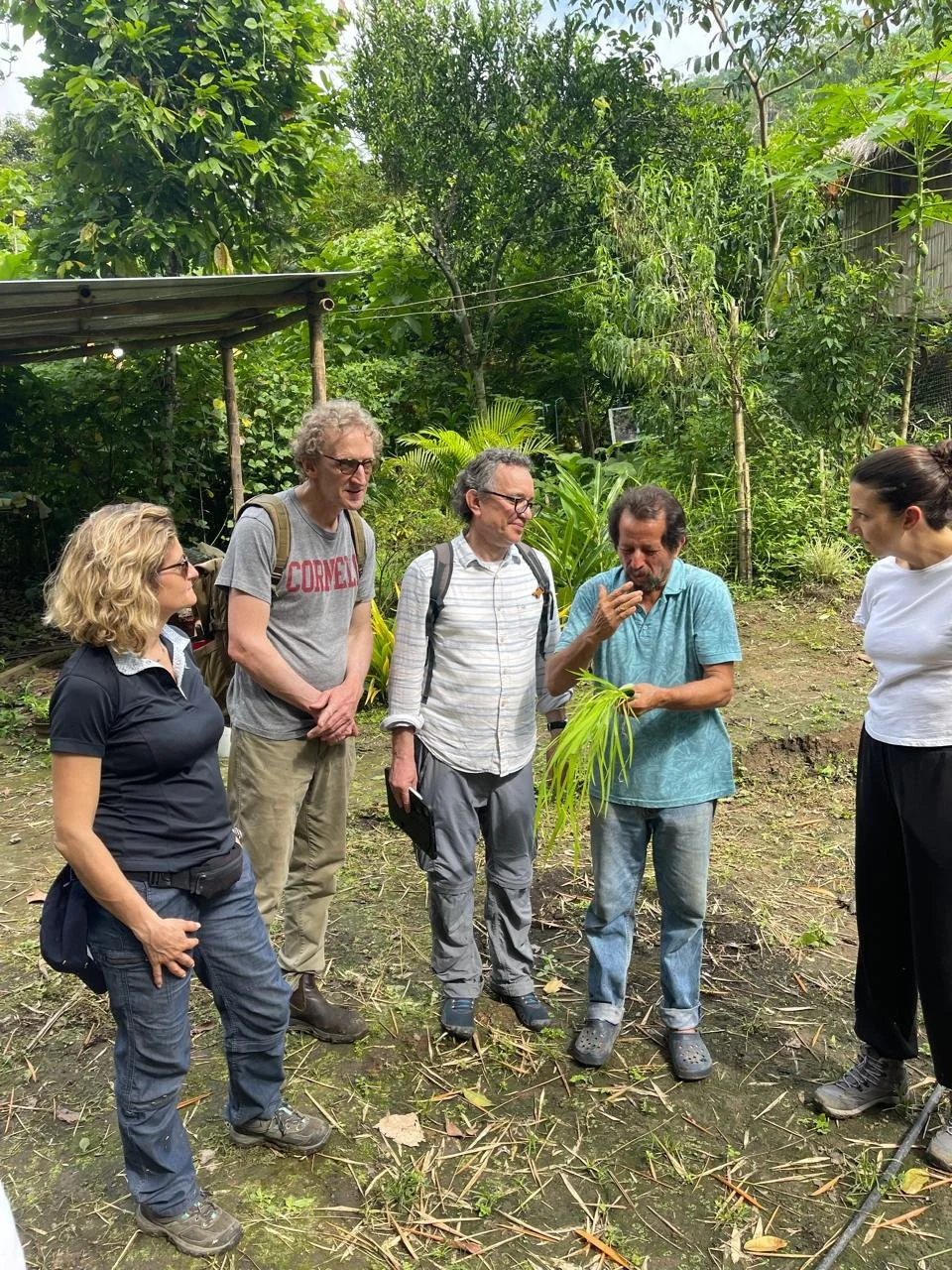
Our Vision for Agroforestry
We envision degraded tropical valleys restored to vital biodiverse agroecosystems. These systems will provide critical ecosystem services of clean water, air and nutrient rich foods and serve as homes for the spectacular biodiversity of these regions, including the human farming inhabitants.
Up to 6 tons CO₂/acre captured
and stored every year
Biodiversity increases, improved
water retention, and Zero agrochemicals
$3,000 - $5,000 per acre per year
increased income from cacao, fruit and timber products
How We Have Prepared
Regeneration Field Institute has been trialing diverse soil restoration agroforestry techniques since 2017 and the systems at the institute are now compelling examples of how to reverse the fortunes of a farm highly degraded by cattle farming and agrochemicals using regenerative agroforestry. This local and permanent example in the farming community of Chone is key resource to aid us in making a compelling argument about the economic and technical viability of regenerative agroforestry.
Our Focus
Our focus is on building practice agroforestry plots for dozens of new farmers each season, creating seedbanks and demonstration sites, training farmers in successional agroforestry installation and management methodologies.
Most important of all, we are building networks of trainers and support networks of farmers who share a vision for agroecological production.
Our Training Methodology
Our Partners in Agroforestry
-
Eko Rural
Collaborating on farmer training models and implementation of sustainable agriculture development across Ecuador.
-

Los Arboleros Farm
Field-based implementation and training farm site for successional agroforestry in the province of Manabi, Ecuador.
-

Rotary International
Funding support for community and environmental impact projects. Funded 2025 training program.
-

Regeneration Field Institute (RFI)
Educational and design collaborations for the next generation of bamboo professionals.







